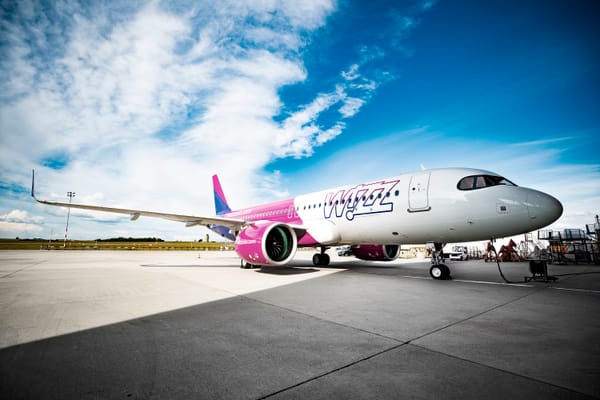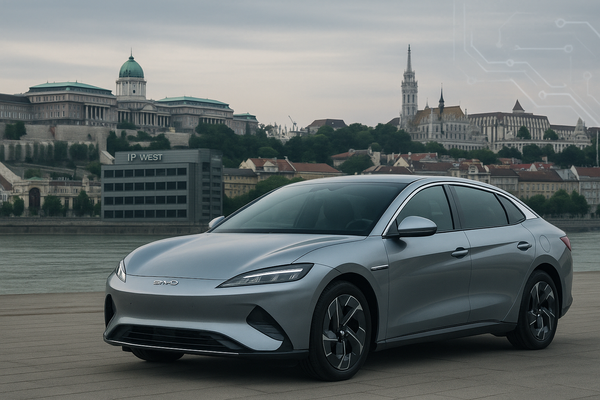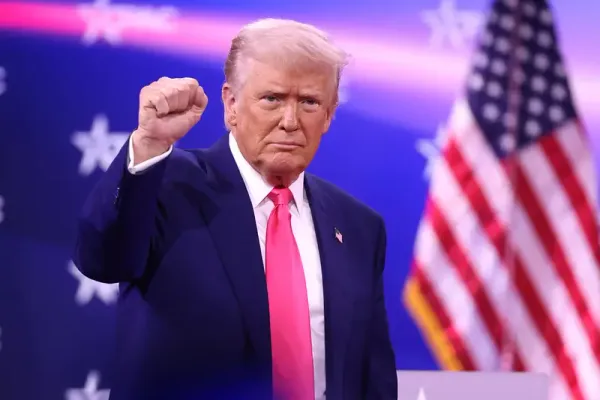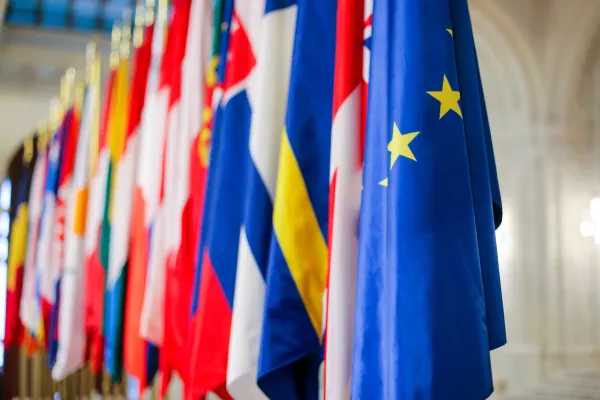
Hungary gov't merges telcos into major player
Telco 4iG’s One Hungary brand launched this month, combining Digi Hungary and Vodafone Hungary into a single, state-backed telco, after a government-subsidized shopping spree aimed at challenging Deutsche Telekom’s local subsidiary, Magyar Telekom.
The new company One Hungary will offer fixed, mobile, and pay-TV services as part of its new profile. From H2, 4iG’s other commercial telcos Antenna Hungaria and Invitech will also merge into a single entity.
4iG CEO hails ‘new, dynamic player’ in telecommunications
Tamas Banyai, CEO of 4iG Group’s Hungarian commercial telecoms companies, said: “With the creation of One, a new, dynamic player is emerging in the market, combining decades of experience and innovation from our leading telecoms companies.”
The company’s transformation from a middling IT systems integrator into a sectoral heavyweight began with its 2021 acquisition of Digi Hungary, with its around 2,500 towers, which it separated and then sold on to state-owned Pro-M for HUF 68bn (EUR 164.63mn).
Since then, it has scooped up assets in Hungary, Albania, and Montenegro, while dabbling in space, defence, and ventures in Israel and Egypt. The crown jewel, however, has been Vodafone Hungary, which 4iG acquired, with significant state backing, in 2023, verdict.co.uk wrote. This acquisition of Vodafone Europe’s Hungarian unit for HUF 660bn (EUR 1.6bn) in 2023 was Hungary’s largest state purchase since the change of regime in 1990.
On the acquisition, Hungarian Minister for Economic Development Marton Nagy said: “it is a primary objective of the government to establish national ownership in sectors of national strategic importance such as insurance and telecommunications, in addition to the banking, energy and media sectors. Vodafone Hungary’s purchase serves this goal and will further strengthen our country’s sovereignty.”
Earlier that year 4iG chairman-CEO Gellert Jaszai called the deal the biggest shake up of the Hungary’s telecommunications sector since the 1990s: “the acquisition will create a predominantly Hungarian-owned group of info-communications companies and a clear number two operator in the Hungarian market,” he said. “Our group will have one of the largest digital infrastructures in Hungary,” Jaszai added.
Inorganic growth sidelines rivals
According to the UK website, the strategy of Viktor Orban’s nationalist government has less to do with organic growth or market innovation than its desire to bankroll a homegrown telco: by pumping taxpayer money into 4iG, Orban has created a counter to Magyar Telekom’s dominance, while sidelining private-sector rivals.
The Orban government’s fingerprints are all over 4iG’s rise, positioning it as a pseudo-public extension of its industrial policy. The “national champion” rhetoric masks what is effectively a government-endorsed effort to diminish the influence of Deutsche Telekom in Hungary. This integration of Digi and Vodafone assets aims to reshape the telecom landscape to elevate 4iG to the main competitor.
However, Magyar Telekom remains a formidable rival, with years of experience and a loyal customer base, while Yettel Hungary, with its mobile-focused offerings, is another established rival. While 4iG trumpets the advantages of a unified brand, its reliance on state intervention raises questions about its long-term viability: without those perks, its ability to stand on its own in a competitive market remains uncertain.
Verdict.co.uk wrote that “full integration under a single customer-facing identity significantly improves One Hungary’s ability to craft, communicate, and evolve a distinct and recognisable brand presence within the country’s consumer multiplay market (and) offers One Hungary the opportunity to entirely reposition the complete proposition for better advantage and refreshed momentum against rivals (particularly Magyar Telekom)”.





